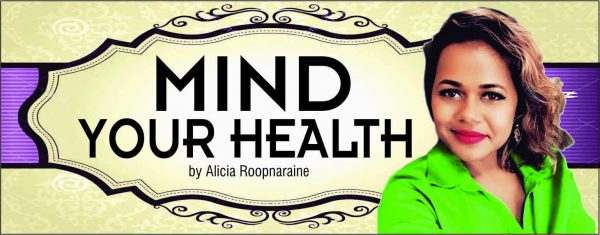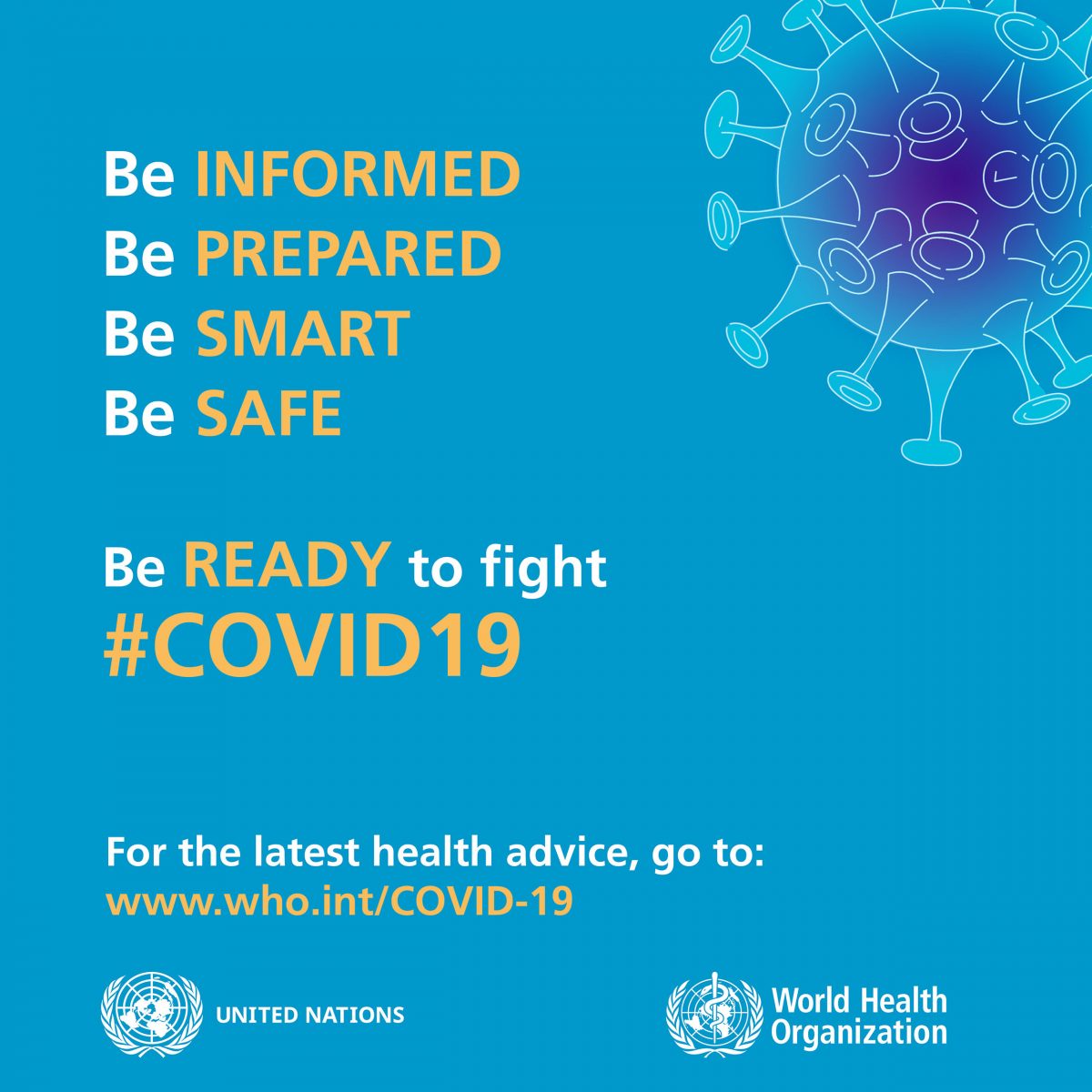 It has been announced that Guyana has had its first case of the Novel Coronavirus (Covid-19) which has now been declared a pandemic by the World Health Organization (WHO). A pandemic is defined by the WHO as when a disease for which people have no immunity spreads across the world.
It has been announced that Guyana has had its first case of the Novel Coronavirus (Covid-19) which has now been declared a pandemic by the World Health Organization (WHO). A pandemic is defined by the WHO as when a disease for which people have no immunity spreads across the world.
Up to Friday morning, there were almost 140,000 confirmed cases in 133 countries and territories around the world and the fatalities numbered just over 5,000.
Hearing of an outbreak of this kind will naturally and undoubtedly produce panic and anxiety so how do we do our best to maintain calm during this period? The answer to this is simple: by getting all the facts and taking the necessary preventative measures.
Information: First, make sure the information you get is factual and comes directly from or referenced by the WHO or the Center for Disease Control and Prevention (CDCP). There is and will be a lot of misinformation about the virus and this leads people to believe things that aren’t true. This in turn results in unnecessary panic and anxiety among us.
What the virus is: Coronaviruses are a family of viruses ranging from the common cold to more severe respiratory diseases; like what we have experienced in the past with Middle East Respiratory Syndrome (MERS) and Severe Acute Respiratory Syndrome (SARS), the Covid-19 has been classified as a new strain which has never before been identified in humans. What makes it especially dangerous is that because it is new, it means humans have no immunity against it.
Symptoms:
● runny nose
● sore throat
● cough
● fever
● difficulty breathing (severe cases)Who it affects: The Novel Corona-virus is not discriminating. It has been affecting everyone irrespective of class, colour, creed, race or age. However, the most vulnerable are the elderly and those with pre-existing medical conditions and ailments, like heart disease, lung disease and diabetes.
Prevention and cure: Since the virus is new, it means we have no immunity against it and our bodies’ immune system has to work overtime to protect us. As a consequence, we are advised by the WHO and CDCP to take all of the preventative measures. These very preventative measures have been put in place by countries worldwide. Here’s a list to follow as recommended by the CDCP:
● Clean your hands often
● Wash your hands often with soap and water for at least 20 seconds, especially after blowing your nose, coughing, or sneezing, or having been in a public place.
● If soap and water are not available, use a hand sanitizer that contains at least 60% alcohol.
● To the extent possible, avoid touching high-touch surfaces in public places – elevator buttons, door handles, handrails, hand shaking with people, etc. Use a tissue or your sleeve to cover your hand or finger if you must touch something.
● Wash your hands after touching surfaces in public places.
● Avoid touching your face, nose, eyes, etc.
● Clean and disinfect your home to remove germs: practice routine cleaning of frequently touched surfaces (for example: tables, doorknobs, light switches, handles, desks, toilets, faucets, sinks and cell phones)
● Avoid crowds, especially in poorly ventilated spaces. Your risk of exposure to respiratory viruses like COVID-19 may increase in crowded, closed-in settings with little air circulation if there are people in the crowd who are sick.
● Avoid all non-essential travel including plane trips, and especially avoid embarking on cruise ships.
If you find yourself getting worked up or anxious easily, try the following relaxation techniques:
Deep breathing: Breathing too quickly, and deeply, can make you feel dizzy, faint or even more anxious. Taking slow, regular breaths can help you to control anxious thoughts and feelings, and make you feel calmer.
Simple visualization exercise: This exercise involves using an image as a way to focus the mind. Create in your mind an ideal spot to relax. Imagine it in as much detail as you can – use your senses to make it as real as possible – and see yourself comfortably enjoying this place.
Quick muscle relaxation: This exercise will teach you to recognise and reduce muscle tension. You can relieve tension in any part of your body just by tensing and relaxing each muscle in turn. Sitting in a comfortable chair: close your eyes and concentrate on your breathing. Slowly breathe in through your nose and out through your mouth. Make a fist, squeezing your hand tightly. Hold this for a few seconds, noticing the tension. Slowly open your fingers and feel the difference — notice the tension leaving. Your hand is much lighter and relaxed. Enjoy this feeling. If you have any physical injuries or conditions that may cause muscle pain, don’t tense the muscle in that area.
If you believe you might have symptoms of Covid-19 the Ministry of Public Health has hotline numbers you can call (227-4986 and 624-3067).
Remember, information is power. Once you know what to do, you needn’t panic. Bear in mind that the mind is very powerful and it has the power to control not only the way we feel and think but how our bodies react to a seemingly stressful situation. Following the right preventative steps is all we can do at the moment.
Alicia Roopnaraine is a Psychologist at the Georgetown Public Hospital Corporation’s Psychiatric Department. You can send questions or comments to her at aliciaroopnaraine@gmail.com

